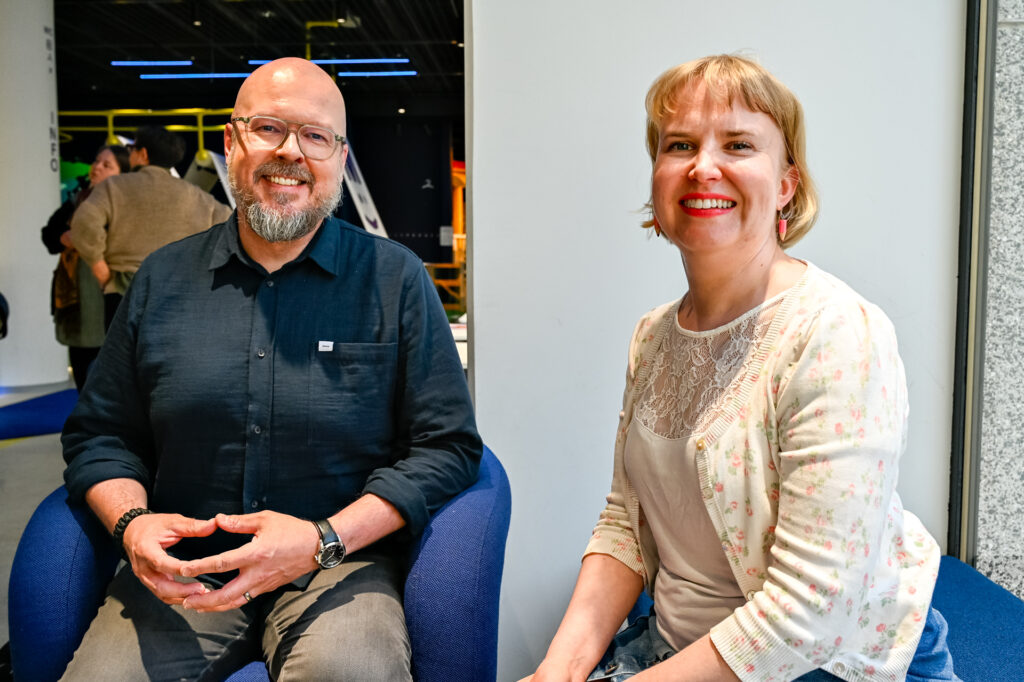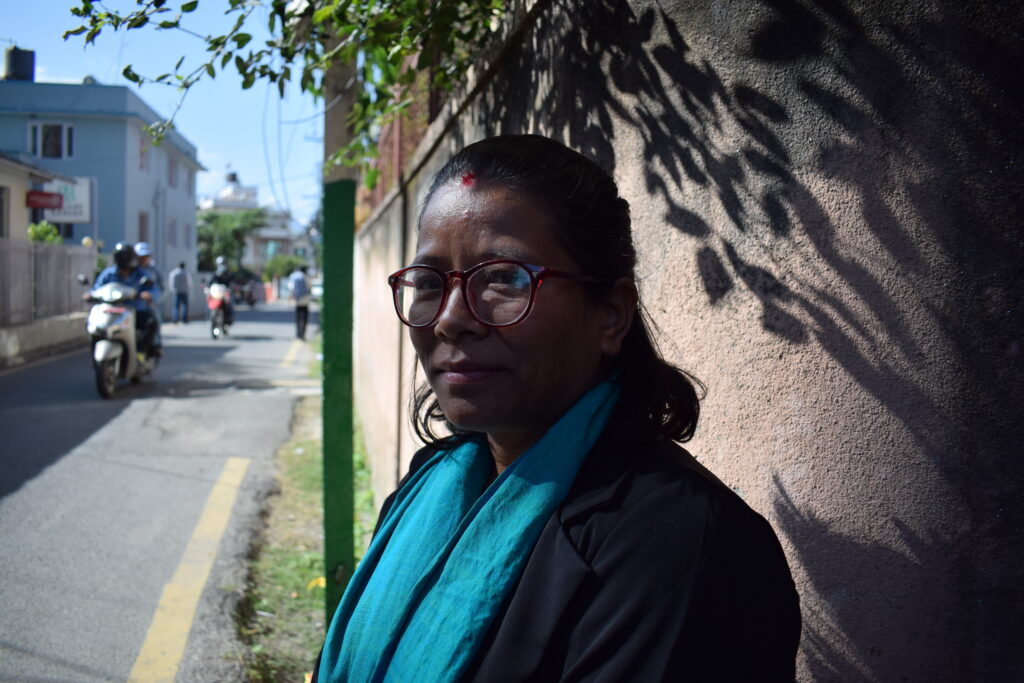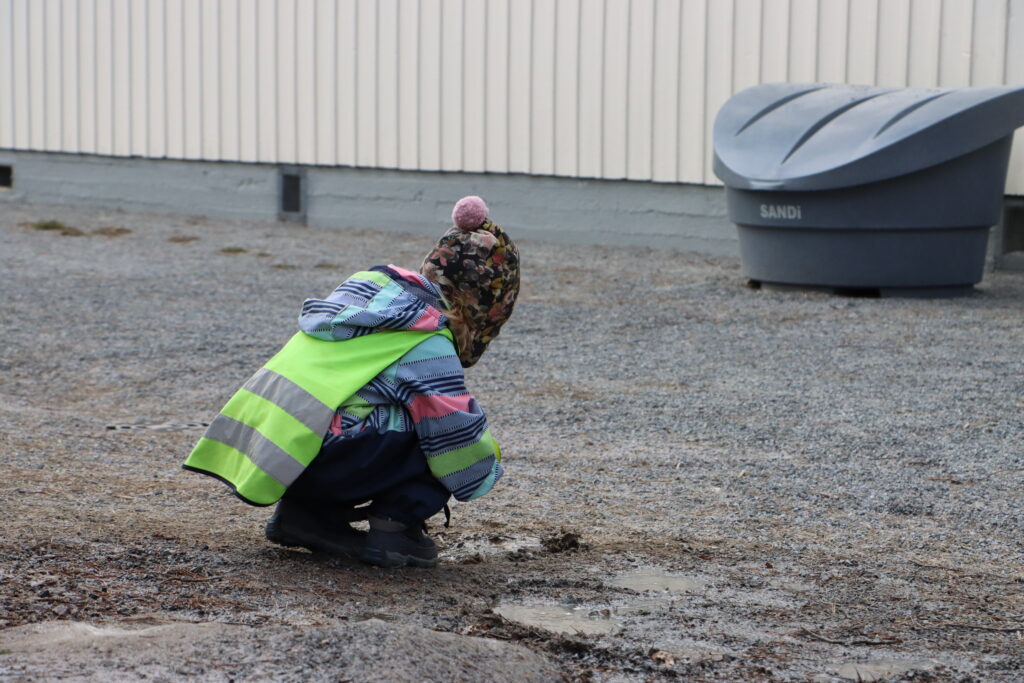“Since 1996 (officially independent since 2007), CIJ Nepal has trained more than 600 journalists in investigative journalism techniques. In the fast-paced news flow, subjects that require time and an investigative journalistic approach are often overlooked,” begins Shreya Paudel, the new Programme Manager of the Nepal Centre for Investigative Journalism.
CIJ Nepal’s work produces stories for the country’s mainstream media on issues such as human trafficking, corruption, gender equality and climate change, with a bigthe resources of the media houses are not always enough. Investigative journalism professionals are digging for new perspectives, bringing out the voices of the marginalized and training new journalists in investigative journalism techniques. Comprehensive investigative journalism reports are produced both as part of journalism training and by CIJ alumni.
The issues and perspectives raised by the CIJ have also received significant coverage in the national mainstream media. The most recent example is the exposure of a politically highly significant corruption scandal involving Bhutanese refugees.
The mainstream media take inspiration from our stories. For example, in the case of the corruption case involving Bhutanese refugees, many mainstream media picked up on the topic we were investigating. Our report became a huge political scandal, leading to the imprisonment of a former Home Minister guilty of corruption. Our stories inspired many mainstream newspapers in Nepal, which is why the work we do is so important.Shreya Paudel
According to Paudel CIJ is a larger player, with extensive networks in Nepal’s media landscape, allowing accessibility through media houses.
Safety concerns and weak institutional wage structures hold back women and young people’s career development
As of 2021, CIJ has already trained more than 100 journalists with the support of the Vikes Women in Media project.
Around 25% of journalists working in Nepal are women, which in itself makes it difficult to advance in a career. According to Paudel, women still do not have the same opportunities as men, and there are significant gender divides.
What is the background to this phenomenon?
“The main reasons are social norms and safety. Many families find it difficult to think of a daughter or wife working late shifts at deliveries while travelling alone. Ultimately, it is a concern for the safety of loved ones. “, Paudel replies.
However, the fresh programme manager also has solutions to offer: “Editorials could allow female journalists to work in pairs, provide transport home at night and allow reliable channels to report on unpleasant situations.”
Media institutions also act as a brake on the career development of journalists. According to Paudel, media organizations that profit from advertising do not invest in their journalists or in building a functioning media infrastructure. Journalists are not paid enough or may not be paid at all. As a result of unstable working conditions, young journalists are looking for work elsewhere.
Because of the social pressures experienced by women and the precarious pay situation, young people and women tend to seek more secure and stable jobs. According to Shreya, many promising journalists are frustrated by the unstable career path in journalism and are looking for work in other fields, such as international organisations or foreign diplomatic missions in Nepal.
In Nepal, many young people migrate to other countries. Those who can afford it go to Europe, the United States or Australia to study. At the same time, millions of others are leaving for the Middle East as migrant workers. The same trend can be seen in journalism.-Shreya Paudel
Desirable progress are not far off if the big media houses can find common will for change
According to Paudel, today many female journalists have started to report on parlamentary issues, which used to be seen as a male domain. Women have also found their way into online news production, which means less field work and greater job safety.
“Small organizations, like CIJ and Sancharika Samuha have a role to play in strengthening the capacity of women journalists, but the ultimate power lies with the big media houses and the direction they want to take the media culture,” says Paudel.
According to Paudel, solutions are not difficult to find if there is a common will. First, attention should be paid to reliable pay structures and to developing a more inclusive working environment for women.
According to Padel, it is not difficult to create common practices to promote women’s enjoyment of work and make employment possible. Media houses could encourage motherhood and provide space and opportunities to combine motherhood and career.
“For example, the possibility of breastfeeding in the office, the opportunity to shape your job description and paid maternity leave are steps that could make a significant difference to the employment and career prospects of women journalists in Nepal,” Paudel sums up his wishes for the media houses.




